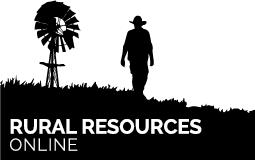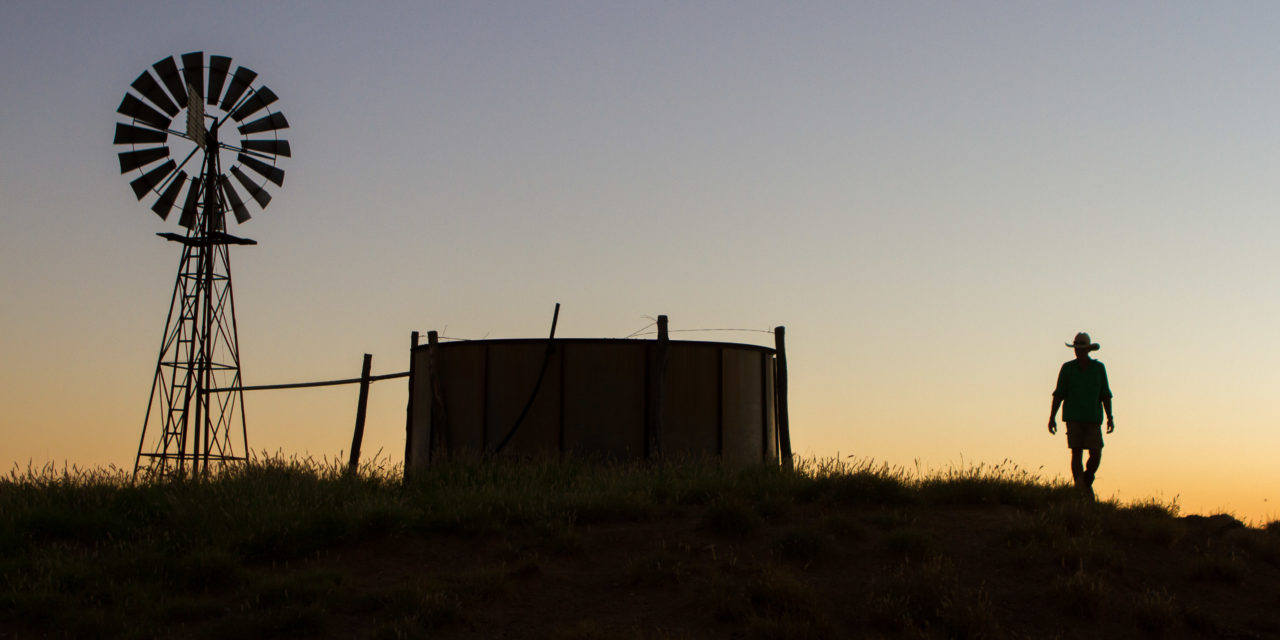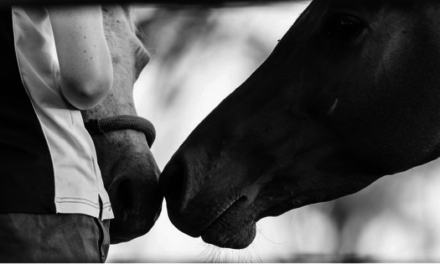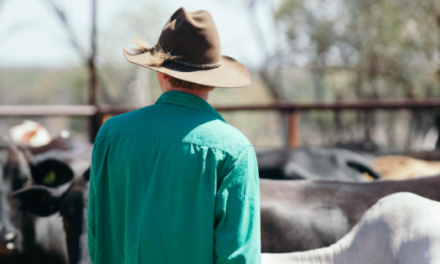How often do you think about doing a risk assessment for your farming business? Do you know your legal requirements if there was an accident or outbreak on your property? How prepared would you be for the consequences?
No-one likes to talk about the bad stuff.
It’s boring.
But only if your business can afford to ignore the facts should you stop reading.
Managing rural risk
Farmers can do things to help mitigate and reduce risks. Safe work practices are a priority for farmers. In the past however, documenting these practices has not been such a priority.
Understandably there is overwhelm knowing where to start.
The cost of inaction
The reality for Australian farmers is they are often asset rich and cashflow poor.
In the event of an accident or outbreak, it is essential that landowners can prove they are doing the right thing.
Workplace health and safety
The codes of practice for rural industries apply to anyone who is legally identified as having a duty of care. Industry regulations and codes of practice do not cover all hazards or risks that may arise.
There is however, the expectation a person will consider all risks associated with the work they are undertaking.
In rural workplaces people use various plant and machinery and undertake activities that may cause death, serious injury or disease. Australian farms are often run by families which means accidents can be especially traumatic. Too many families have a tragic story relating to a farming accident. (link to blog about why it is not a boring topic)
Every rural workplace should have documented WH&S procedures and policies. The legislation has been around for a long time. It is not possible to feign ignorance when things go wrong and expect a positive outcome.
Farm biosecurity
The increase in third party activity, particularly by resource companies, means there is a greater potential for biosecurity risks on Australian farms. Landholders must develop practical biosecurity plans for their properties.
Almost anything moved onto a property can be a potential source of pests and diseases for livestock and plants. Record keeping plays an important role in protecting both the land and the owner from biosecurity threats.
Coal seam gas activity on Australian farms
Resource companies have a role to play in Australia’s future.
Most farmers do not want them on their property. Other farmers see an opportunity for an additional income stream. Whatever the sentiment Australian farmers need to research and get assistance when negotiating with CSG companies.
Remember you are in the business of farming. But so are many other people and now there is an online community to support you.
Join the hub today and access relevant up-to-date tools and resources to help manage your farming enterprises.




